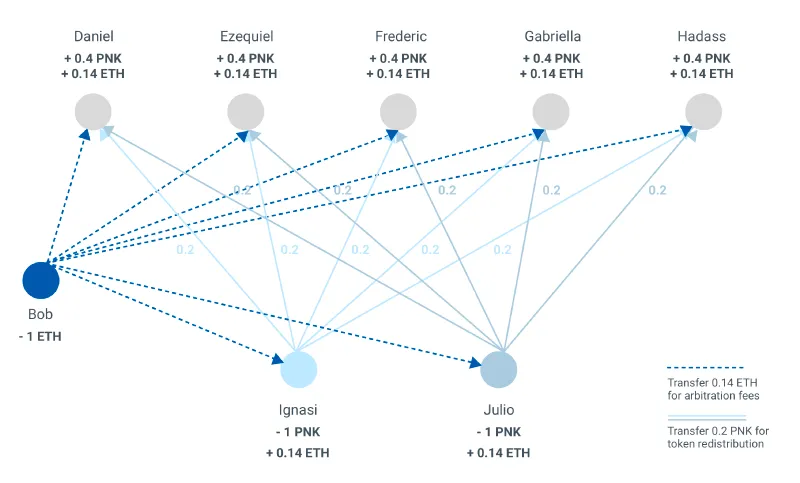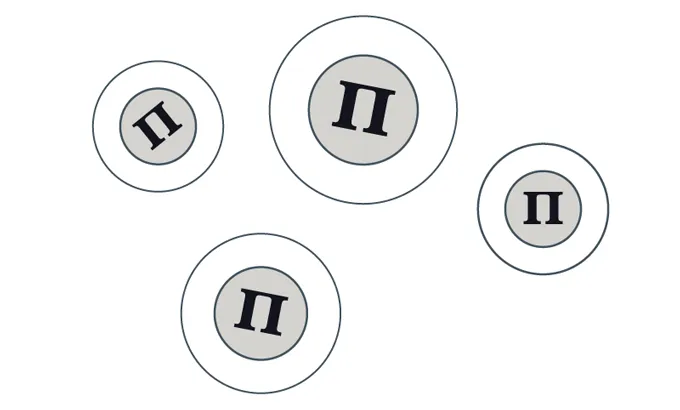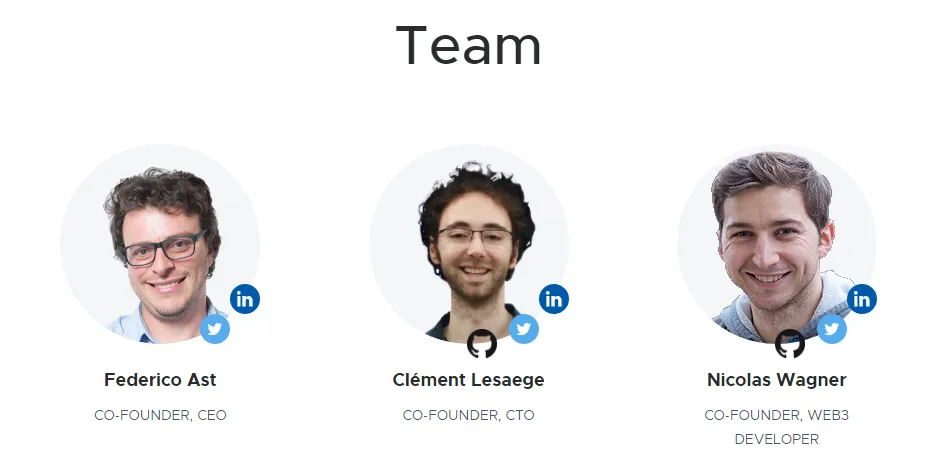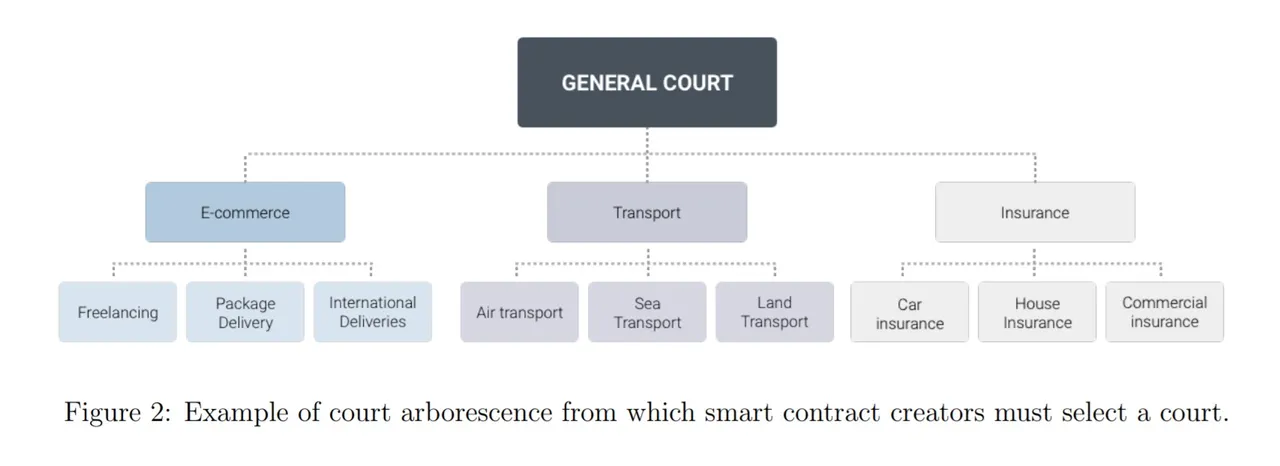
ABSTRACT
The growth of digital transactions in the world is advancing at an accelerated pace and in an exponential manner. The use of online shops that provide online transactions has increased sharply in the past 5 years. Many people experience online theft and all sort of embarrassment and disappointment when purchasing goods online without the use of an arbitrator. With this high volume of transactions, disputes are bound to arise, most of the disputes may involve contracts and transactions not necessarily worth millions, but rather hundreds and thousands of dollars. The internet has offered us a way to transact online, you can offer someone a job and pay him/her after the job is done. This also results to disputes sometimes, the job might not be perfect the way you want it, since you wouldn’t pay for something less than what you expected, it might result into going offline to resolve it. This requires a fully automated arbitration system where a jury can intercede and produce true decisions in a safe and economical way.
Let’s welcome Kleros, the blockchain dispute resolution layer.

What is Kleros?
Kleros is a new platform that is designed to solve conflicts and disputes of a personal or business nature. Kleros is built on ethereum being a decentralized system to arbitrate complex contracts of all kinds, which has a multipurpose court system capable of resolving all kinds of disputes. Kleros is simply an opt-in court system. Whatever the dispute is focused on, Kleros has several type of court that deals with it. This court has people deciding who is right or wrong in the dispute, they are called jurors.
Kleros Provides fast, secure and affordable arbitration for virtually everything - Kleros


How it Works?
Being a dispute resolution platform, upon the creation of a contract between two parties, they integrate certain criteria in the said contract. Where they specify the number of jurors they want to oversee the contract, the outcomes of the contract, and finally, they also get to decide the category of the contract, below are the available categories, which is also known as the subcourt. Should a dispute arise, one can rest assured that it will be dealt with jurors that are knowledgeable in the given industry.
Functionality of Kleros
 Contract
Contract
Intelligent contracts are created where both users choose Kleros as their arbitration system for the resolution of conflicts through their protocols.
 Dispute
Dispute
Disputes will be sent to Kleros safely. This resolution will require both parties whether or not they wish to disclose privileged information to the jury and thus prevent external users from accessing said information.
 Selection
Selection
The selection of the court will be to lift after both parties have deposited their tokens. This court is formed with juries willing to collaborate, issuing their sentence through a vote after evaluating in detail the evidence presented.
 Enforcement
Enforcement
Through an intelligent contract the sentence is taken by the court. If after that court issues a judgment and one of the parties is not satisfied, it may appeal a new judgment and reissue the dispute. Each new appeal will have the same number of juries plus one.

THE INCENTIVE SYSTEM
Kleros has an incentive system where juries charge fees for resolving disputes presented. These incentives are frozen during the dispute resolution process, they will be redistributed after both parties are in agreement with the sentence issued by the court.

Source: WhitePaper, Page 9
Arbitration fees are used for jury compensation in doing their work and avoiding attackers from spamming the system, making disputes and withdrawing it requires arbitration fees.
Does Kleros system insure fair dispute resolution.
YES!
Users have an economic interest in serving as jurors in Kleros: collecting the arbitration fee that every juror gets for his work. Candidates will self-select to serve as jurors using a token called pinakion (PNK)3. The probability of being drawn as a juror for a specific dispute is proportional to the amount of tokens a juror deposits. The higher the amount of tokens it deposits, the higher the probability that it will be drawn as juror. Jurors that do not deposit pinakions do not have the chance of being drawn. This prevents inactive jurors from being selected.

Token Supply:
The Kleros in this decision decided to use a new method for the distribution of tokens submitted by Vitalik Buterin which is called the Interactive Coin Offering or ICO. Instead of making one big sale in one round because of most projects, sales will be done through several stages until the product milestones reach a critical point.
 |
 |
Your Own Token:
Pinakion Token (PNK):
PNK provides jurors an incentive to vote honestly. Users trying to game the system will lose money.
Pinakion protects the system from sybil attacks, while also providing jurors an incentive to vote honestly.


Management:
You don't need to worry about this, because KLEROS has a very good management filled by great teams that will guarantee your privacy. They are great people who work according to security protocols in the cryptoeconomic system.





More Information & Resources:
Kleros Website
Kleros WhitePaper
Kleros Medium
Kleros Telegram
Kleros Twitter
Kleros Github
Kleros Forums

This is my entry for the @originalworks sponsored contest. The link to the contest is here..
kleros2018
